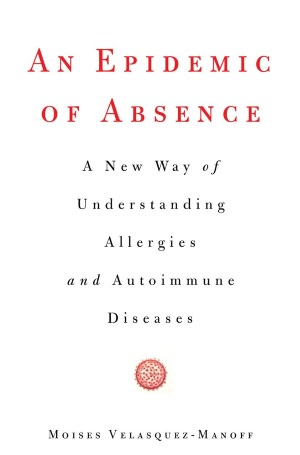Has our war on microbes left our immune systems prone to dysfunction?
Ars Technica » Scientific Method 2012-10-23

An Epidemic of Absence: A New Way of Understanding Allergies and Autoimmune Diseases could be co-marketed with the Thomas Rockwell’s children’s classic How to Eat Fried Worms. It begins with the author, Moises Velasquez-Manoff, recounting his border-crossing to Tijuana to infect himself with Necator americanus—hookworms—in an attempt to cure the asthma, hay fever, food allergies, and alopecia that had plagued him since childhood. In the next three hundred pages, the author very cogently explains the idea that led him to willingly infect himself with a parasite known to cause severe diarrhea, anemia, and mental retardation in children.
Velasquez-Manoff marshals the reams of evidence researchers have accumulated to support said concept: the hygiene hypothesis, but with an updated, parasitic twist. The ideas he presents haven't been accepted by many in the medical community, and there's little high-quality evidence, in the form of well controlled trials, that exposure to parasites could have positive effects on human health. So, even if the author is thorough, it's important to keep in mind that the evidence he's presenting is primarily in the form of correlations.
Vanishing microbes, a rising tide of allergies
Since children's author Rockwell penned that first worm eating guide in 1973, the incidence of allergies and autoimmune diseases—both disorders in which the immune system attacks things that it should know are harmless—have skyrocketed in the developed world. Those who read that book as children have watched it happen; whereas a PB&J was the standard brown bag lunch for us, our children’s schools are now all nut free.
Read 23 remaining paragraphs | Comments